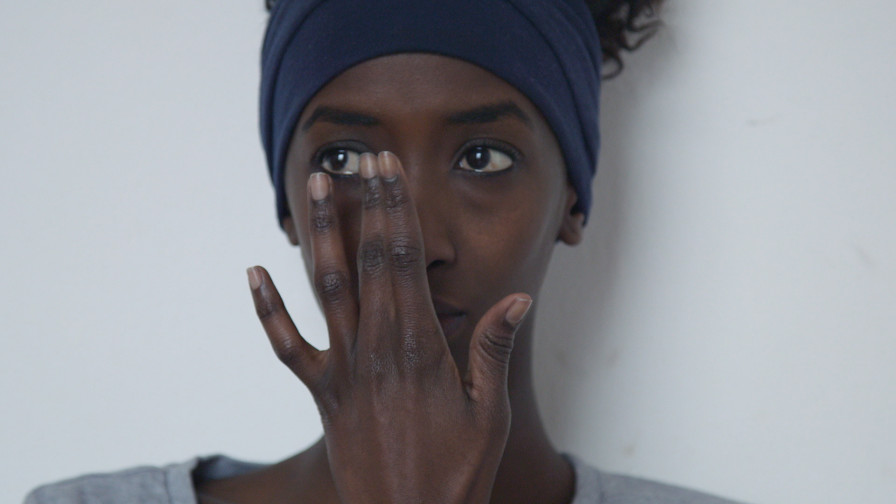ZagrebDox awarded Easy Lessons
The ZagrebDox’ Movies that Matter jury consisted of political scientist and activist Sara Kekuš, Georgian director Rati Oneli and Animateka Ljubljana director Igor Prassel. The jury members gave the award for the film that best promotes human rights to the Hungarian film Easy Lessons, directed by Dorottya Zurbó, with the following statement: “Easy Lessons is a strong personal story of a young Somali refugee finding herself in Hungary. Excellent dramaturgy and editing underscore the significance of Kafia’s lonely journey. Through nuancedly layered personal story about identity, acceptance and finding a new home, we glimpse universal questions and lessons about finding your place in the world, when you cannot return to the place you call home. Despite the gravity of situation and hard choices, the resilience, strength and lightness of her spirit make all these difficult obstacles feel like easy lessons. We were impressed by her persistence in trying to find humanity in the world where she lost everything.”
ZagrebDox’ Young Jury recognized Easy Lessons with a Special Mention. “A simple and cinematic, well developed portrait of an impressive Somalian girl trying to fit in a new society, despite the echoes of her past.” – Jury motivation said.
The 15th edition of ZagrebDox screened over 100 films in 16 programme sections. The festival was attended by over 150 guests from all over the world and many screenings were full to capacity.
According to the audience votes, Dorottya Zurbó’s Easy Lessons has finished at the 4th place on the Best of ZagrebDox 2019 list.
Easy Lessons was developed and produced in the frame of the Hungarian National Film Fund’s Incubator Program supporting first-time filmmakers
Kafia is 17 years old. Two years ago, she fled to Hungary alone to escape from a forced child marriage in Somalia. She has been living in a state children’s home in Budapest ever since. She studies the language, goes to high school, prepares for the Hungarian graduation exam and starts a modelling career. On the surface, everything seems fine. However, behind her beautiful and confident appearance lies a heavy heart. Kafia's repetitive daily routine revolves around constant dilemmas and self-doubt about leaving behind her Muslim culture and the things that surrounded her as she was growing up. As she allows the camera to get closer to her, the film slowly becomes an intimate confession. On the brink of adulthood, what are the implications of breaking with your past and embracing a completely new identity in order to live in Europe?
